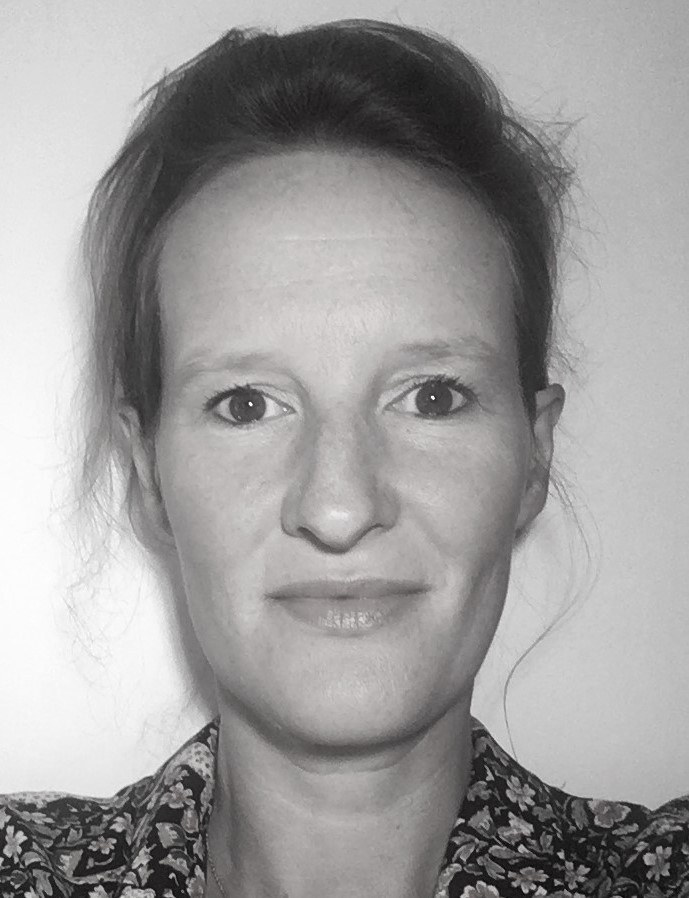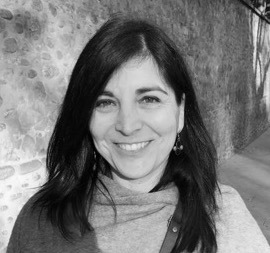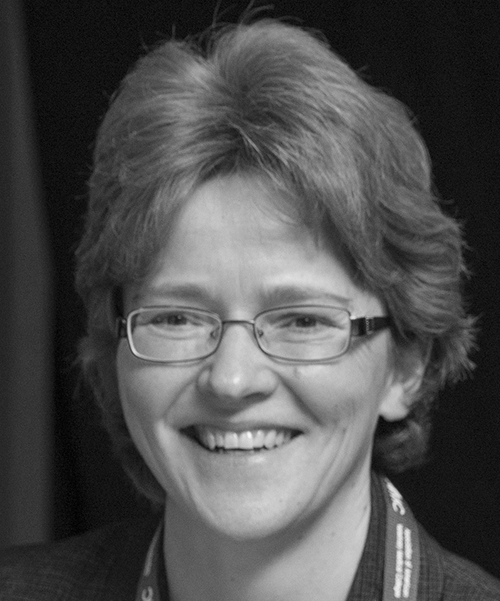
In this post, Sílvia Pérez-Espona, Fiona Borthwick, Louise Connelly, and Susan Rhind describe one workshop organised at Royal (Dick) School of Veterinary Studies that support the development and implementation of teaching practices toward decolonising and diversifying the curriculum. This post is part of the L&T Enhancement Theme: Examples of positive practices in Equality, Diversity and Inclusion (EDI).
Higher Education institutions are increasingly recognising the importance of providing environments promoting equality, diversity and inclusion (EDI) to attract and retain student and staff talent (Claeys-Kulik et al. 2019). One important action for the creation of such environments is the development and implementation of teaching practices toward decolonising and diversifying the curriculum. The process of decolonising and diversifying the curriculum is urgently needed to address the long-standing social injustices in our societies that have also permeated Higher Education but is also vital to provide students with the skills and competitiveness to succeed in a globalised world while promoting core EDI values in future generations.
The Royal (Dick) School of Veterinary Studies – R(D)SVS – has embarked on a process to promote modifications in undergraduate and postgraduate degrees as well as changes in teaching practices that support the decolonisation and diversification of the curriculum. The process will include a combination of shorter- and longer-term activities, ranging from workshops to raise awareness on the importance of decolonising and diversifying the curriculum, to actual modifications to course and programme content and approach.
A recent workshop organised at R(D)SVS as part of its regular Veterinary Medical Education Division (VMED) workshops provided an illustration of teaching practices that are already in place in two online postgraduate taught programmes that could be adopted in other postgraduate or undergraduate programmes at the School. This workshop was organised and chaired by Dr Louise Connelly (Teaching Fellow in Digital Education) and delivered by Dr Sílvia Pérez-Espona (Lecturer and Coordinator of the MSc programme in Applied Conservation Genetics with Wildlife Forensics) and Dr Fiona Borthwick (Director of the MSc programme in Food Security and Nutrition).
Before the workshop, a short video with background information on the topic was disseminated across the School. The workshop consisted of two main presentations that were recorded, followed by a discussion between the presenters and attendees. The recording of the presentations can be found on Media Hopper.
The presentation, delivered by Dr Sílvia Pérez-Espona, focused on teaching practices that she has implemented to provide diverse lecture content, activities and assessment, in particular focusing on increasing representation of audio-visual material and research in courses from two collectives: women, and people from different ethnic backgrounds and countries of origin. Finding this type of audio-visual material is still challenging due to the scarce portrayal of non-white people, and to a lesser extent women, leading wildlife-related research or conservation activities rather than assisting such activities. Therefore, Sílvia advocates the need to support projects focusing on the compilation of such audio-visual material for teaching purposes.
Another strategy highlighted in Sílvia’s presentation was to make sure to include examples of research conducted by women and researchers from different countries, and hence potentially diverse ethnic backgrounds, and having diverse local contextual challenges. To make the research by these collectives more visible, Sílvia reads the first name and surname of the first author of the selected publications while presenting the study as well as providing a hyperlink to the publication on the slides.
Although focused on conservation genetics and wildlife forensics, case scenarios or background material for some formative or summative assessments also encourages the students to consider local communities and the cultural and socioeconomic context of the areas of study. These different teaching strategies are vital to increasing the confidence of the diverse community of students enrolled in the programme and helping them realise their professional aspirations. Furthermore, it encourages students to embrace practices to build working environments where diversity is celebrated and seen as a positive factor rather than a barrier.
For Sílvia, all these efforts are worthwhile as it helps provide the next generation with a set of EDI values that they can be implemented in their future professional careers and, therefore, help to contribute to a fairer and more inclusive society. However, it is important to highlight that decolonising and diversifying is a continuing process and requires prolonged efforts from the teaching community and, therefore, continuing support from the University.
The second presentation was delivered by Dr Fiona Borthwick, who discussed the journey the Global Food Security and Nutrition programme team have been on in developing a programme-level approach to embedding EDI within all aspects of the MSc. Fiona emphasised the need for transparency and accountability, as well as the need for self-reflection, and where Fiona has found useful resources and guidance. In particular, the programme team gain a lot of insight from students, the ‘Teaching Matters’ podcast service on Decolonising the Curriculum, as well as external sources such as civil rights organisations.
The discussion following the presentation was very positive and provided a space to share ideas. Dr Louise Connelly suggested an important action to consider EDI as part of the course and programme design and development activities led by the Digital Education Unit and VMED at R(D)SVS. Importantly, the discussion indicated a level of commitment toward decolonising and diversifying the curriculum by participants and organisers, and the willingness to share good practices and join efforts to build together an equal, diverse, and inclusive teaching environment. Future work is intended to include a partnership approach with students to develop shared case studies and content that is meaningful for them, and captures their ideas and perspectives.
Reference
Claeys-Kulik A.-L., Jørgensen T.E., Stöber H. (2019). Diversity, Equity and Inclusion in European Higher Educations. Results from the INVITED project. Access to the report here.
 Fiona Borthwick
Fiona Borthwick
Fiona Borthwick is programme director of the MSc in Global Food Security and Nutrition, and Deputy Head of QAE at the R(D)SVS. Fiona’s research focuses on sustainable agriculture, innovation and environmental management. She has a particular interest in post conflict regions such as the Balkans, Central Asia, and the Pacific.
 Louise Connelly
Louise Connelly
Dr Louise Connelly is a Teaching Fellow in Digital Education and Convenor of the Human Ethical Review Committee (HERC) at the R(D)SVS. She provides pedagogical advice and develops innovative approaches for CPD resources, online MSc programmes, and other digital educational resources. Her research interests include social media, e-professionalism, digital education, and research ethics.
 Sílvia Pérez-Espona
Sílvia Pérez-Espona
Sílvia Pérez-Espona is a Lecturer and Coordinator of the MSc Applied Conservation Genetics with Wildlife Forensics, as well as the Co-Chair of the Easter Bush Campus Equality, Diversity and Inclusion Committee (EB-EDI). Sílvia’s research focuses on the application of genetic and genomic approaches to address ecological and evolutionary questions to inform wildlife management and conservation. She also has a particular interest in the implementation of practices to increase EDI in research and education environments.
 Susan Rhind
Susan Rhind
Professor Susan Rhind is Chair of Veterinary Education, Deputy Head of School and Director of Veterinary Teaching at the R(D)SVS. Her research is currently mainly focussed on veterinary education including assessment and feedback, curriculum development, student wellbeing and transitions.

